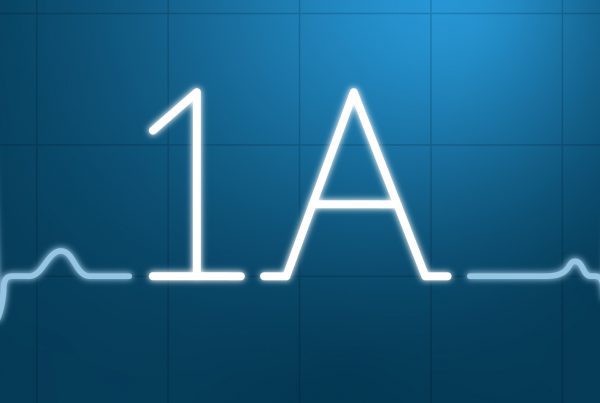The Big Story: The Art of Asking Smarter Questions
“The urgency and unpredictability long faced by tech companies have spread to more-mature sectors, elevating inquiry as an essential skill. Advances in AI have caused a seismic shift from a world in which answers were crucial to one in which questions are. The big differentiator is no longer access to information but the ability to craft smart prompts.”
There’s no such thing as a dumb question. But there are better ones.
By David Shifrin
3-minute read
We are all prompt engineers now.
What is that, you ask (prompting a question)?
It’s the title for a professional question-asker. It was very niche job until about two years ago. Now, generative AI is everywhere, and someone has to teach it how to think and tell us what it knows.
“Prompt engineering is the process of optimizing the output of language models like ChatGPT by crafting input prompts that help language models understand the desired output,” says Datacamp.
Or, in human language, to ask really good questions that learn as well as teach in the asking.
The power of asking questions well is an ancient art and one we relearn in chaotic times.
Don’t you think it’s time healthcare takes a cue from the world of AI and starts questioning our questions? Do you think healthcare could use some new questions? And can we be more effective in our work by asking better questions?
Asking good questions is very difficult and very important.
Every question does two things: solicits information and offers a message.
The construction of the question determines not only whether the information it elicits is useful but also whether the message it delivers has the intended impact. A question can be a command or an invitation. It can establish a power differential, or it can foster trust.
At its best, a good question can accelerate change. It uncovers a corner of reality, either confirming a hunch or revealing something new and valuable.
We’re in a season of questions:
- Political questions about who we’ll vote for and what we want for the future of the country.
- Social questions that play out in healthcare about who has the right to decide who can receive what care.
- Questions about equity.
- Healthcare questions about how care is delivered and what it means for a hospital to provide community benefit. How much is enough to qualify for “fair share?” Whether “quality” is a CMS metric or the feeling a patient has when she leaves the hospital.
- And definitional questions, such as, what even is “healthcare?” Is it the business of care and the 990? Is it food and nutrition? (Let’s do a trial to find out!) Mental health, a purpose in life? Access to education and the dignity of employment opportunities? Or maybe simply the delivery of medical care. Every one of those things affects the health of individuals so, who’s to say?
A season of questions seems like the perfect moment to take a step back and question the questions we’re being asked. And the questions we’re asking.
The idea of asking better questions is a somewhat philosophical one, but it starts very practically with each participant in the conversation. Better questions from individuals can lead to better conversations at higher and broader levels, inviting more people to the table.
To help each of us improve our own question-asking and, hopefully, lead to more productive conversations about the future of our industry, consider these tips:
- Be thoughtful about asking “should we?” instead of “could we?” The first is prescriptive and defined. The second is expansive. Pick the right one for the moment.
- Look at the negative space. What are people not saying when you ask a question, what information are they not volunteering? That’s informative.
- Get comfortable with a lack of difference in answers. We all want dramatic or definitive answers and exciting numbers. Sometimes, though, the answer you get is mundane. Recognize that the lack of interesting information is interesting in itself. The mundane tells a story, too.
- Make asking questions a fundamental part of leadership. Per HBR, “create a questioning muscle within the team.” Said one leader, “I want to set the stage so that my curiosity is amplified by the curiosity of others. Their questions should stimulate my questions.”
Good healthcare delivery begins with asking a question: How are you feeling today?
Clinics and health systems depend on diagnosticians. Healthcare leaders anticipate smart questions from active board members and good reporters every day.
As all of us look at the future of this industry, it’s clear that the old answers aren’t working. They haven’t been for a long time. Maybe the problem isn’t the answers. It’s the questions.
Want to get even more into the weeds of effective questioning? Check out this pedagogical article from the University of Chicago Center for Teaching and Learning.
Contributors: David Jarrard, Emme Nelson Baxter
Image Credit: Shannon Threadgill




